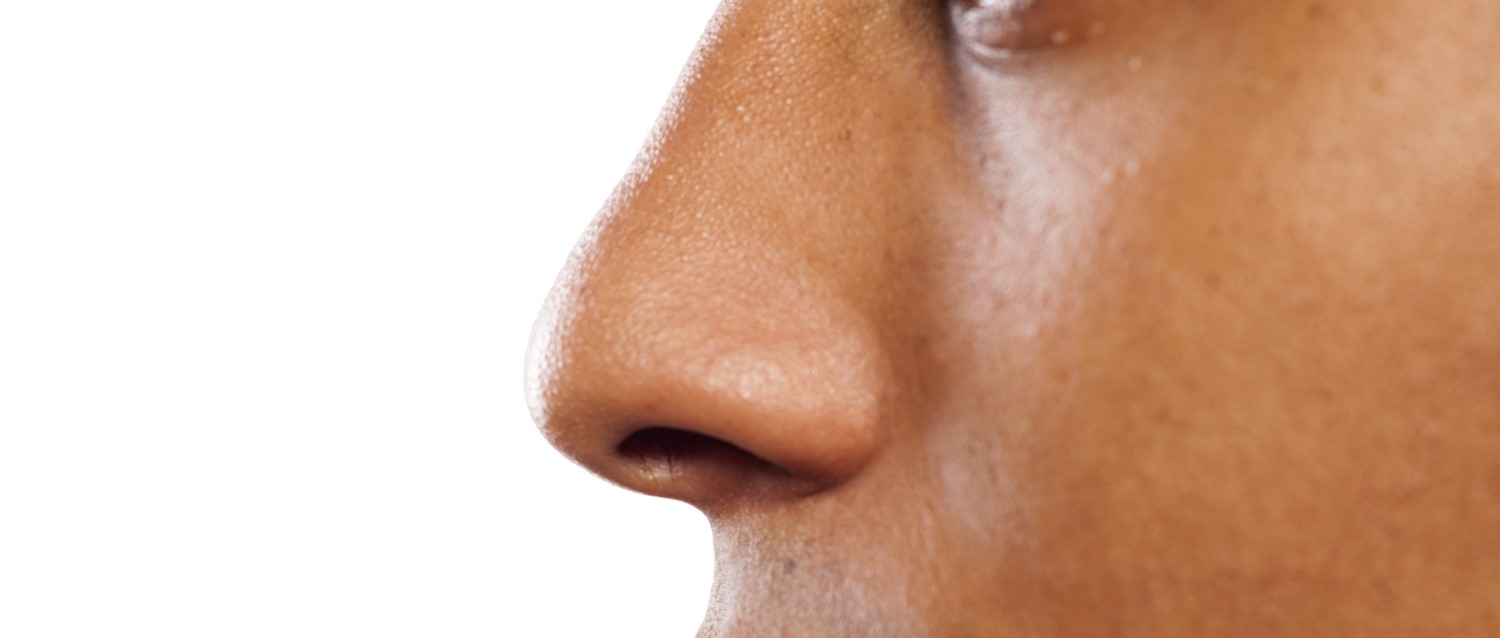
What does your snot say about your health?
Peer reviewed by Dr Sarah Jarvis MBE, FRCGPLast updated by Natalie HealeyLast updated 4 Feb 2019
Meets Patient’s editorial guidelines
- DownloadDownload
- Share
- Language
- Discussion
No one enjoys having a runny nose or the mountain of discarded tissues that result from the common cold. But could your snot tell you clues about your health? We ask a GP.
In this article:
Video picks for Nose
You'd hope that most of us adopt good hygiene practice whenever we're under the weather. Coughs and sneezes spread diseases, after all.
The Public Health England (PHE) long-running 'Catch it, Bin it, Kill it' campaign instructs us to carry disposable paper tissues, use them to catch sneezes and then bin them straightaway before washing our hands thoroughly to limit the spread of infection. But should we be sneaking a look at this, let's face it, quite unpleasant, body fluid before we throw the hanky in the trash? Mucus might not be the right topic for polite conversation, but it could potentially give you clues about your health.
"Mucus, phlegm and snot are all different names for the thick, jelly-like liquid that is made by the cells which line your nose, throat, sinuses, airways and gastrointestinal tract. You might be amazed to find out that your body can make up to 1-1.5 litres per day of the stuff!" reveals GP Dr Ciara Yeates, from the London Doctors Clinic.
What does your snot say about your health?
Continue reading below
A vital role
So far, so gross. But Yeates explains that mucus in your nose has two main jobs. Firstly, it provides a moist and protective coating for the delicate lining of your nose and respiratory tract. This stops it from drying out and cracking, but it also provides a sticky matrix to catch any particles like dust, irritants, viruses or bacteria.
Secondly, snot plays an important role in our immune response. It contains antibodies to help detect disease-causing viruses and bacteria. When these antibodies recognise a possible source of infection, they trigger a reaction to help you fight it off. That's why phlegm increases when you have a cold.
Colour code
Back to contentsSo while snot itself may not be pretty, you wouldn't get very far without it. But when should we worry about excess or a strange colour of mucus? Should yellow or green never be seen?
Yeates explains that these colours are perfectly normal if your body is fighting off a cold. And contrary to popular belief, green mucus does not mean you've got a bacterial infection. So you usually don't need to ask your doctor for antibiotics.
Dr Cliodna McNulty, head of PHE's primary care unit, says: "It's a prevailing myth that anyone with green phlegm or snot needs a course of antibiotics to get better. Most of the infections that generate lots of phlegm and snot are viral illnesses and will get better on their own."
"If your snot is greenish-yellow this is often due to the presence of white blood cells in your mucus, which helps you fight off an infection. It is normally nothing to worry about and is a sign that your immune system is working hard," Yeates adds.
But why does this happen? Well, when our immune system detects the presence of an invader that could cause disease, it triggers a special type of white blood cell (called a neutrophil) to arrive in the area. These cells engulf the offending particle and then digest them. When you're fighting off a cold, your snot can look greenish-yellow because the white blood cells are breaking down.
Continue reading below
When to worry
Back to contents"Generally, a cold will improve on its own in about seven to 10 days. You only need to see a doctor if it is not improving, you are having very dark, bloodstained or thick mucus, you have persistent fevers over 38°C, any breathing problems or if you are feeling unwell," says Yeates.
Very thick or dark mucus could suggest a more concerning infection, however. It's common in people with chronic lung disease, for instance. But dark phlegm is also more likely if you're a smoker or live somewhere with high pollution. If you've been coughing for three weeks or more, it's also important to get checked out.
Decongest
Back to contentsHaving a cold is undeniably miserable, but take comfort in knowing your body is protecting you from pathogens. And, Yeates points out, there's plenty you can do to make yourself feel better, besides mainlining Kleenex.
"Get lots of rest, stay well hydrated and take decongestants which you can get over the counter. There is some weak evidence that dairy can increase mucus production. If you are very bunged up you could try cutting this out while you are unwell. You will be infectious to others, so make sure you are washing your hands after you blow your nose and using a clean tissue each time," she concludes.
Patient picks for Nose

Ear, nose and throat
What causes a musty smell in the nose?
Do you have a musty smell in your nose that just won't go away? While this can be frustrating, there are explanations. Read on to explore what might be causing it.
by Victoria Raw

Ear, nose and throat
How to use nose drops
The following advice is for nose drops only and not for nose sprays which are used differently. Ask your pharmacist if you have any queries.
by Dr Mary Harding, MRCGP
Continue reading below
Article history
The information on this page is peer reviewed by qualified clinicians.
4 Feb 2019 | Latest version

Ask, share, connect.
Browse discussions, ask questions, and share experiences across hundreds of health topics.

Feeling unwell?
Assess your symptoms online for free
Sign up to the Patient newsletter
Your weekly dose of clear, trustworthy health advice - written to help you feel informed, confident and in control.
By subscribing you accept our Privacy Policy. You can unsubscribe at any time. We never sell your data.